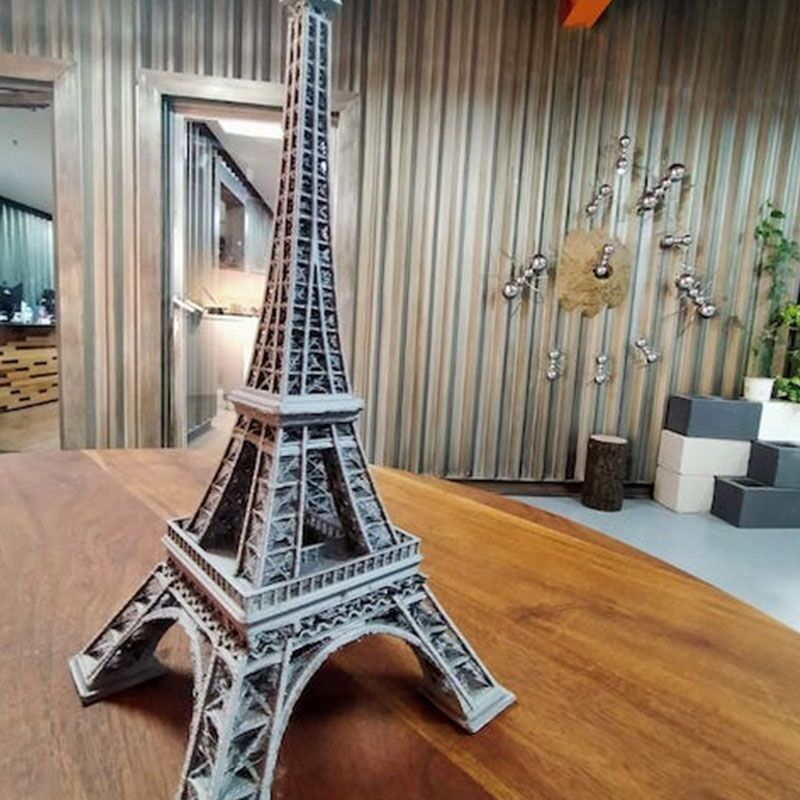
3D printing technology has revolutionized manufacturing by offering a wide range of materials suitable for creating diverse objects with unique properties and characteristics. From plastics and metals to ceramics and composites, 3D printing Dubai materials enable designers, engineers, and hobbyists to bring their ideas to life with unprecedented versatility and customization.
Thermoplastics
Thermoplastics are the most widely used 3D printing materials due to their affordability, versatility, and ease of use. Common thermoplastics used in 3D printing include:
PLA (Polylactic Acid): PLA is a biodegradable and environmentally friendly thermoplastic derived from renewable resources such as corn starch or sugarcane. It’s known for its ease of printing, low warping, and vibrant colors, making it ideal for prototyping, educational projects, and consumer products.
ABS (Acrylonitrile Butadiene Styrene): ABS is a strong, durable, and impact-resistant thermoplastic commonly used in automotive parts, electronic enclosures, and consumer goods. It offers excellent layer adhesion and heat resistance, but it requires a heated build platform to minimize warping during printing.
PETG (Polyethylene Terephthalate Glycol): PETG is a transparent, tough, and chemical-resistant thermoplastic suitable for applications requiring clarity and durability, such as food containers, medical devices, and display prototypes.
Metals
Metal 3D printing materials offer exceptional strength, durability, and heat resistance, making them ideal for aerospace, automotive, and industrial applications. Common metal materials used in 3D printing include:
Stainless steel: Stainless steel is a versatile metal alloy known for its corrosion resistance, strength, and machinability. It’s used in a wide range of applications, including automotive parts, surgical instruments, and architectural components.
Titanium: Titanium is a lightweight and biocompatible metal with excellent strength-to-weight ratio, making it ideal for aerospace, medical, and automotive applications.
Aluminum: Aluminum is a lightweight, corrosion-resistant metal widely used in automotive, aerospace, and consumer electronics industries. It offers good thermal conductivity and machinability, making it suitable for heat sinks, brackets, and housings.
Resins
Standard resins: Standard resins offer a balance of strength, durability, and detail resolution, making them suitable for a wide range of applications, including concept models, functional prototypes, and figurines. Flexible resins: Flexible resins are soft, rubber-like materials with high elongation and low hardness, making them ideal for applications requiring flexibility and impact resistance, such as gaskets, seals, and footwear prototypes.
